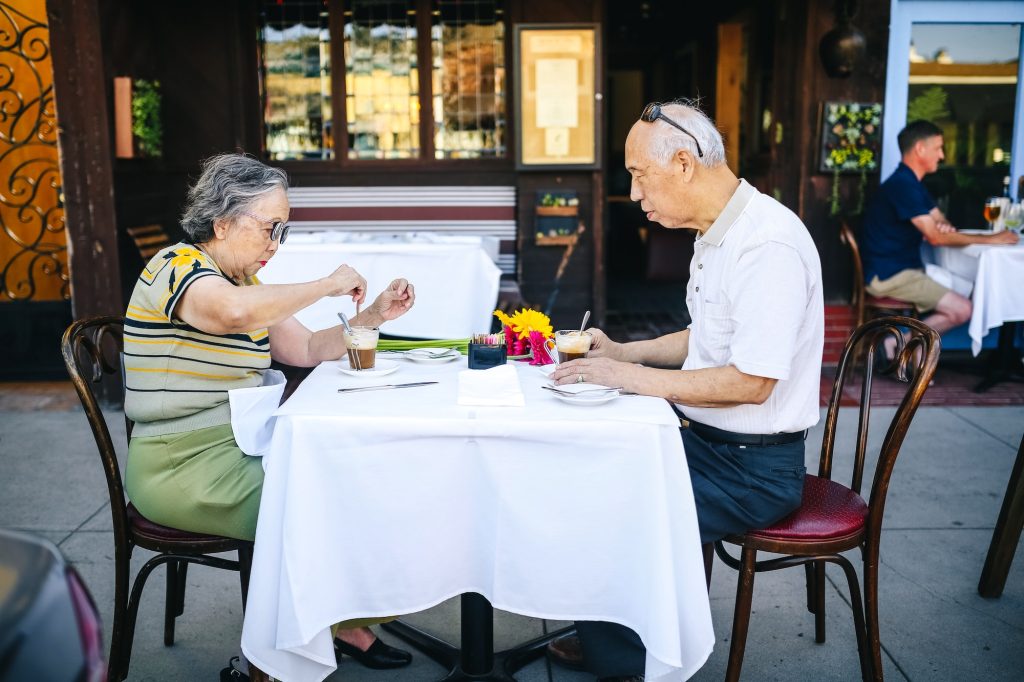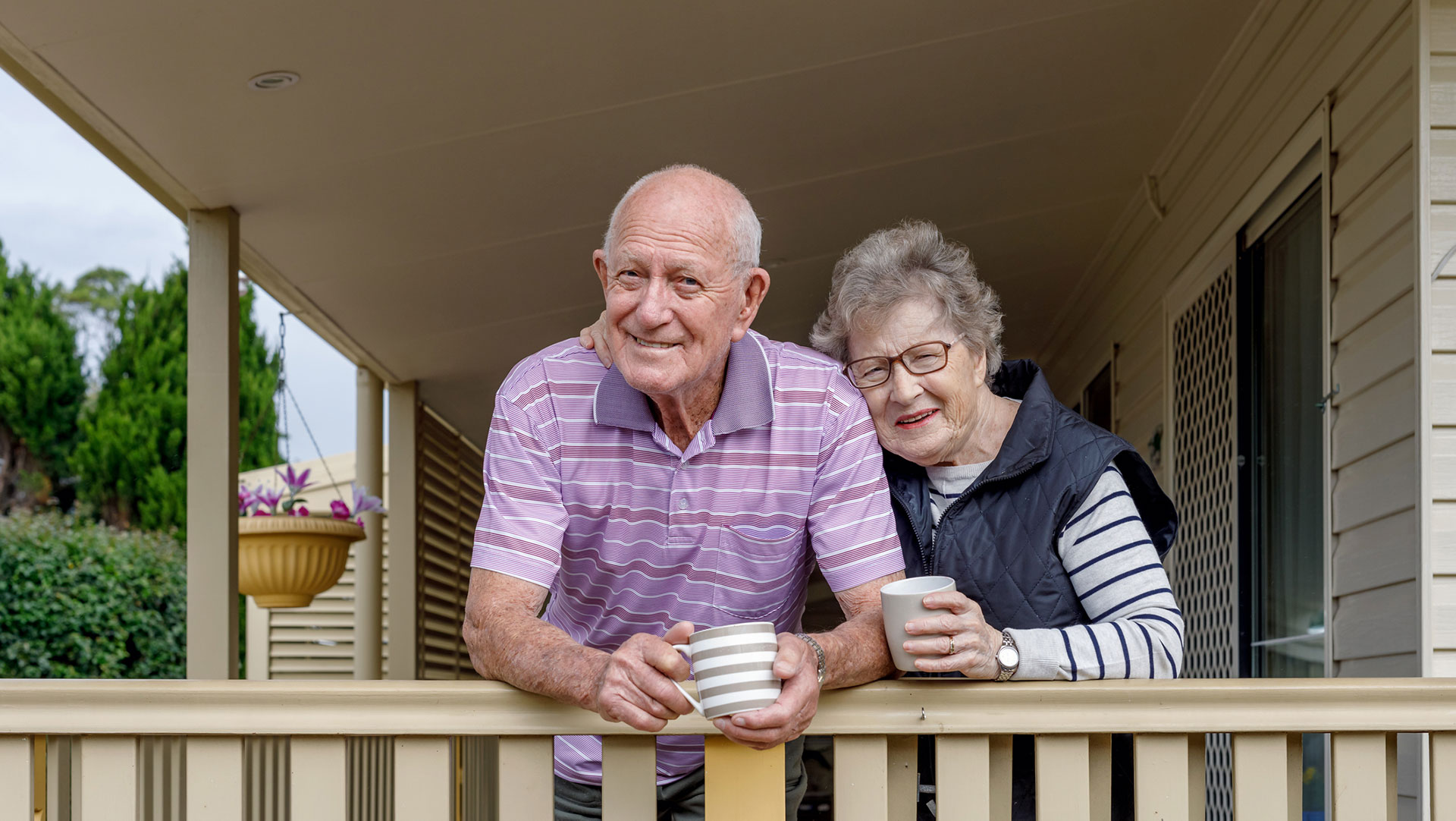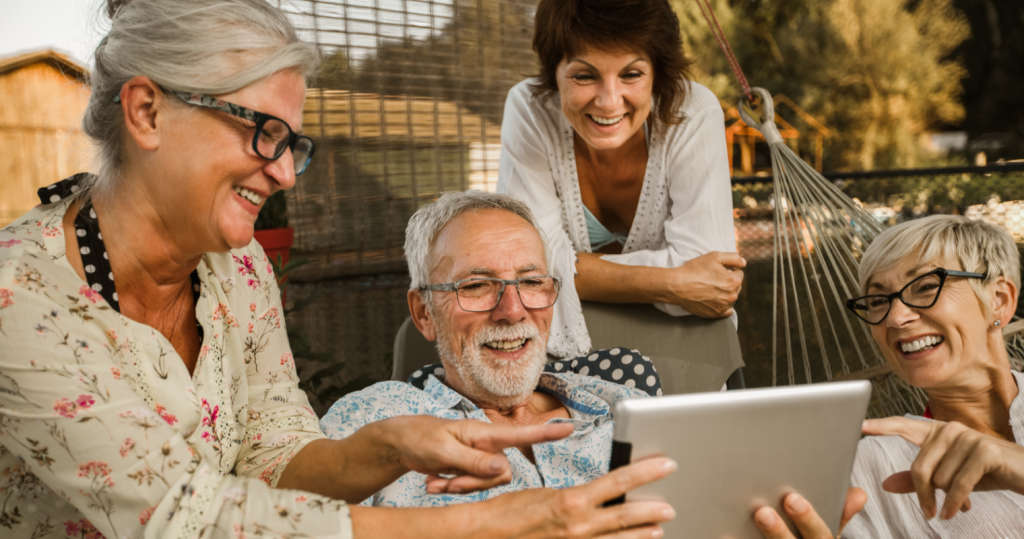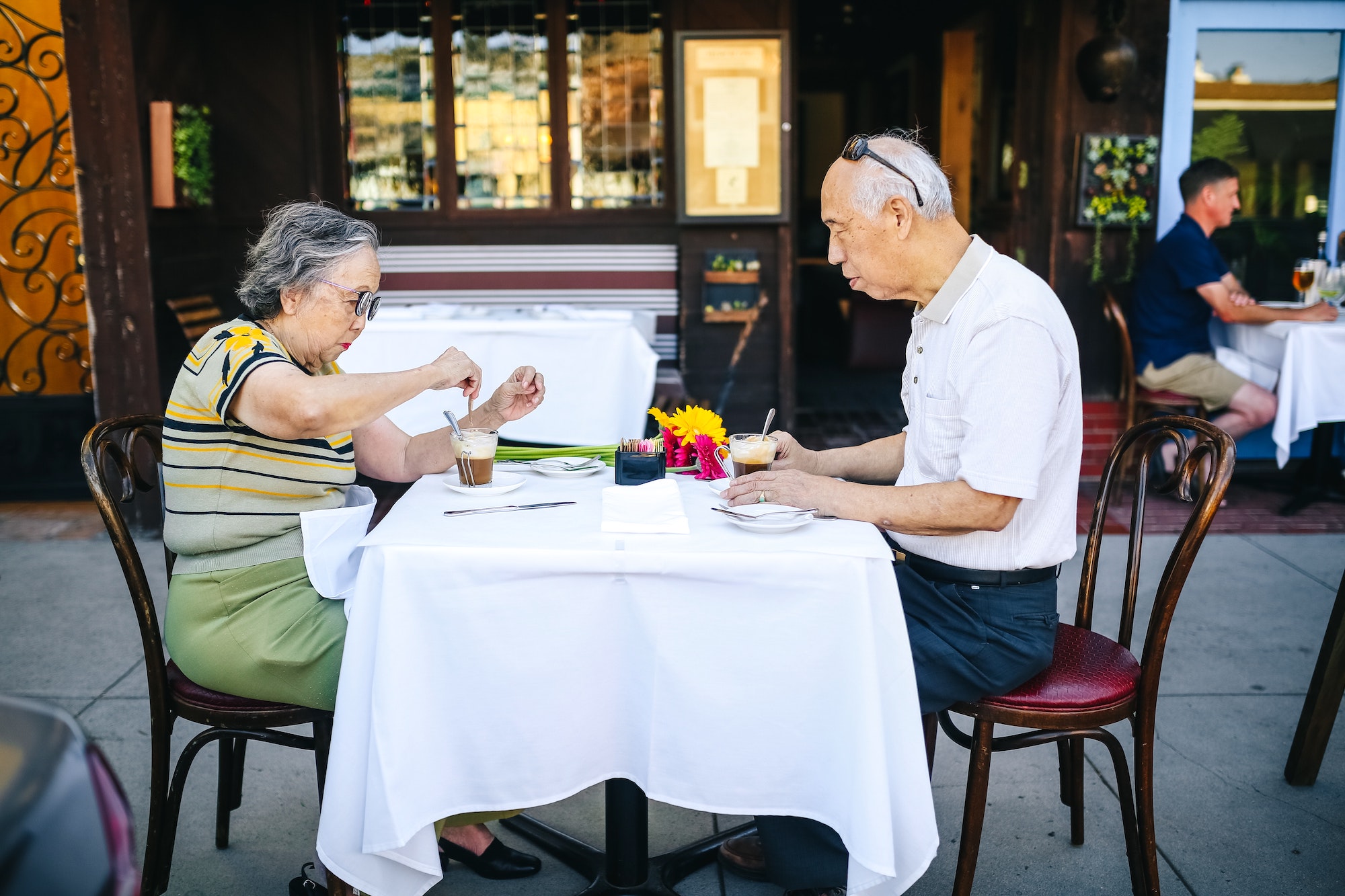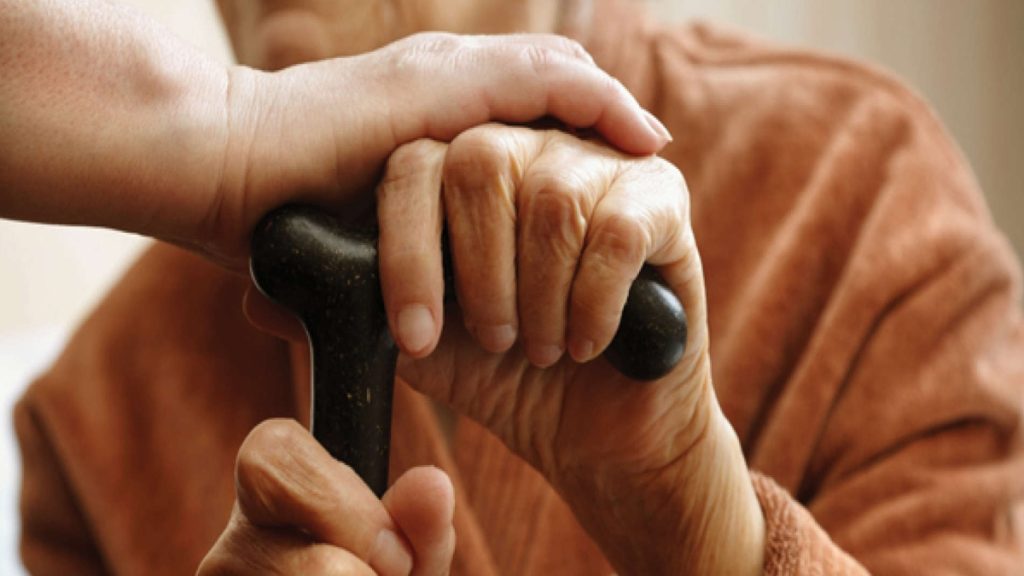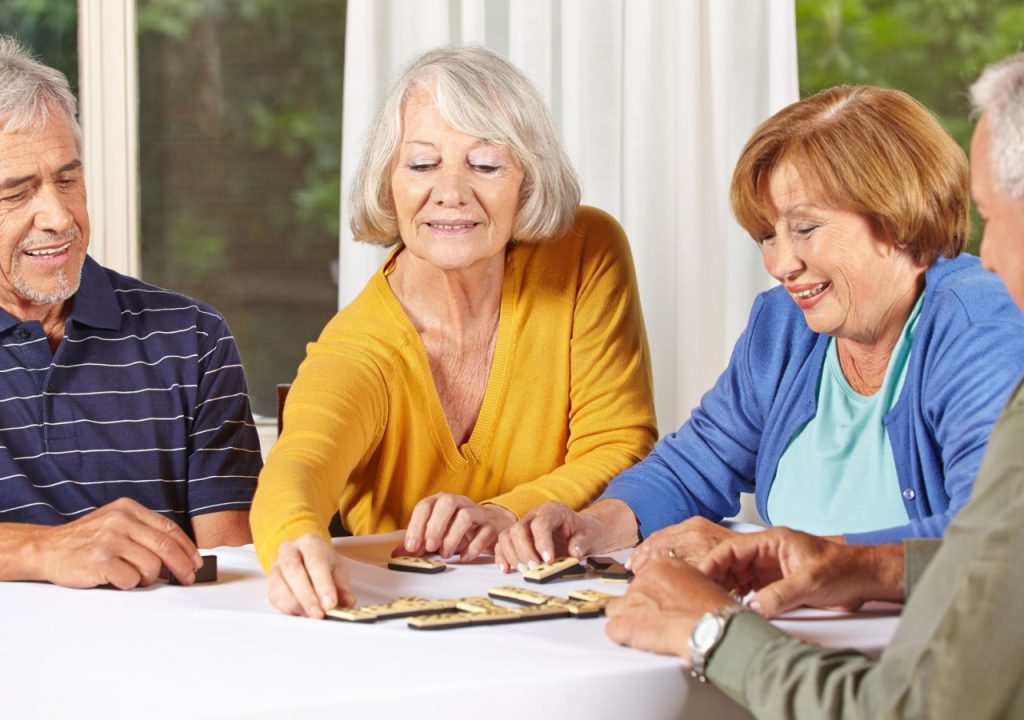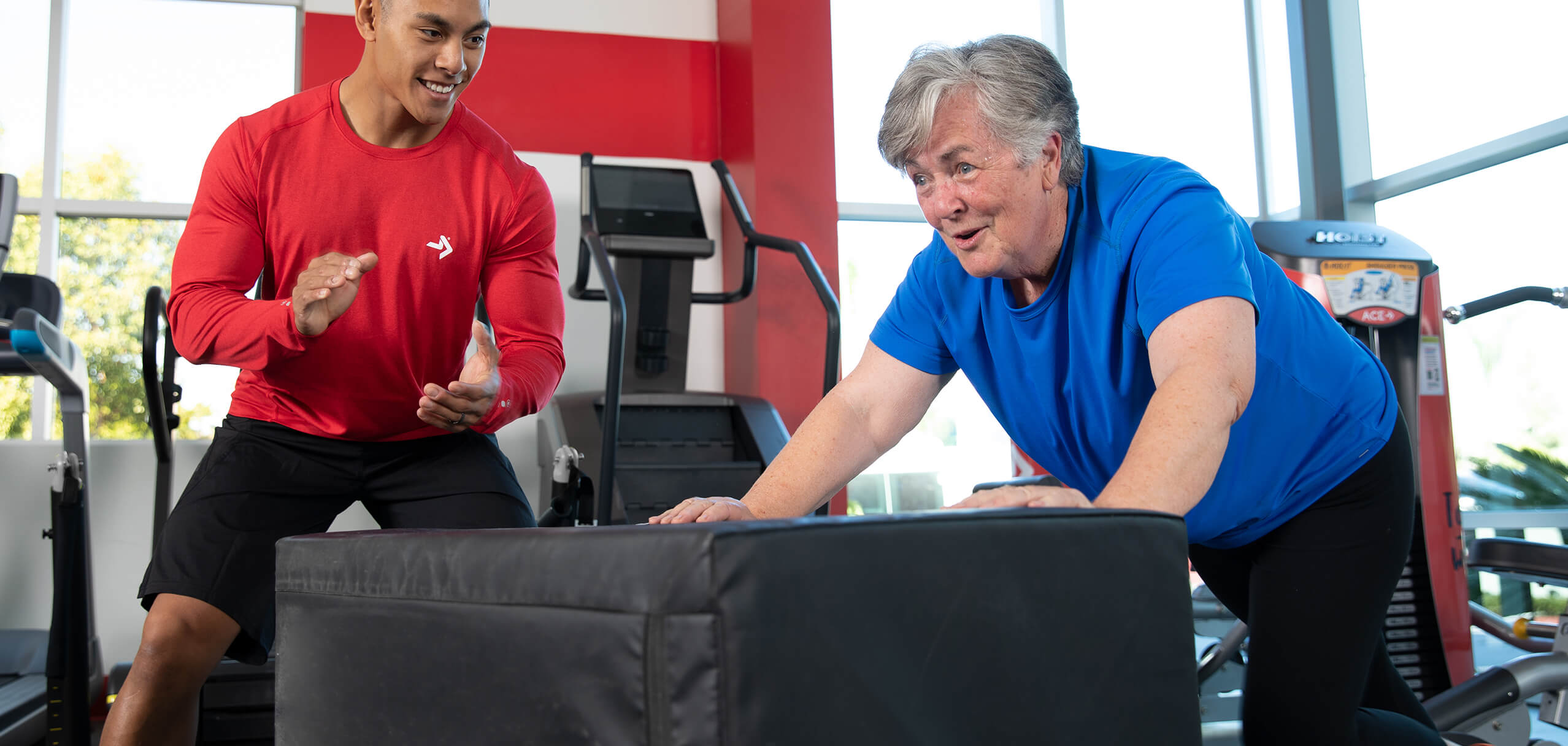
Why Physical Activity Matters For Older Adults
Regular physical activity is beneficial for the health of older adults for many reasons. It improves overall immune function, improves mobility and physical functioning, and reduces the risk of chronic diseases. Whether it’s a walk or a brisk walk, regular exercise is beneficial for a number of reasons.
Exercise improves overall immune function
Exercise has been shown to boost overall immune function in older adults. As wilmacliving.com explained this effect is based on the fact that exercise stimulates the immune system during both effort and recovery. The mechanisms involved in this alteration include metabolic stimulation and neuro-endocrine changes. Other effects of exercise on the immune system include an increase in the production of antioxidants and prostaglandins.
Physical activity also enhances the immune response to vaccinations. Various epidemiological studies have shown that exercise improves the immune response to influenza vaccination. This is due to the fact that exercise mobilizes billions of immune cells. The more immune cells there are, the better they are at attacking potential pathogens. Exercise has also been shown to reduce the risk of viral illness and lower the mortality rate associated with them. Exercise also enhances the response to the flu shot, lowering the risk of death from flu.
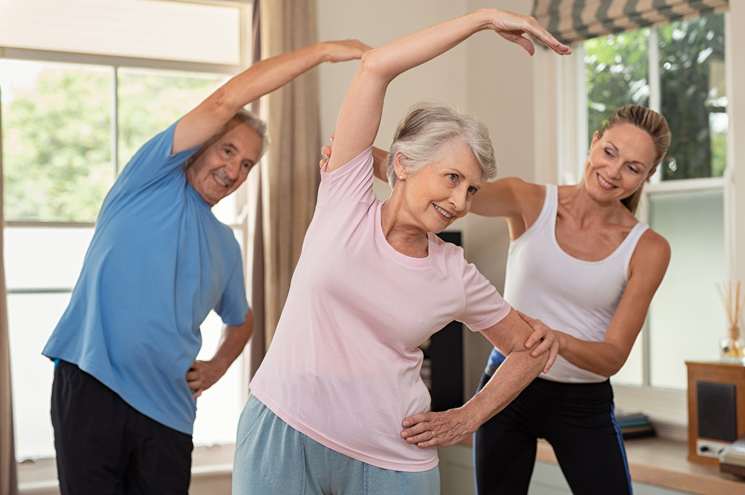
It improves mobility
According to the National Health Service (NHS), physical activity is beneficial for the long-term health of older adults. It improves strength, balance, flexibility, and overall health. It also helps maintain independence and reduces the risk of falls, which can lead to serious injuries. Physical activity has also been linked to reduced hospital admissions, which can reduce health care costs.
Studies have linked regular exercise and expert dietary advice to improved mobility in frail older people. In one study, aerobic exercise combined with expert dietary advice reduced mobility disability by 22% over three years. More than one in four community-dwelling seniors has mobility problems, which negatively impact their quality of life, their admission into residential care, and their healthcare costs.
It improves physical functioning
Regular physical activity may help older adults maintain their physical functioning. Physical activity also improves executive functions, which are responsible for a variety of tasks. These functions are linked to the frontal lobe of the brain and include planning, inhibition, and scheduling. Other tasks associated with executive functions include problem solving, task switching, and working memory. Physical activity may also reduce the risk of falling.
Aerobic exercise and resistance training improve the physical capacity of older adults. It increases the mitochondrial and capillary density, which helps the body maintain independence and perform daily activities. Physical activity also decreases the risk of osteoporosis and can help older adults prevent this disease.
It reduces risk of chronic disease
Physical activity is the best way to maintain your physical health and fitness, and it also reduces the risk of many chronic diseases. It reduces your risk of heart disease, cancer, and several types of dementia. Additionally, it improves your mood and feelings of well-being.
Several studies show that physical activity can reduce the risk of chronic disease in older adults. The health benefits are seen both in older adults who do not have any underlying health conditions and those who are already suffering from common chronic conditions. These diseases include type 2 diabetes, cardiovascular disease, and some types of cancer. For example, when older adults engaged in physical activity of at least two hours per week, their risk of dying from these conditions was lower than that of non-exercisers. In addition, physical activity can help improve mobility and prevent falls.

It reduces costs
Physical activity can significantly reduce health care costs, according to a new study. People who exercised during their middle age and after retiring spent about $824 fewer dollars on health care each year than those who did not. The researchers used Medicare claims for the study, which involved mostly white, well-educated people. Although there are a number of limitations to the study, it highlights the benefits of exercise for older adults.
Physical activity is also associated with a lower risk of a variety of diseases and even death. In the United States alone, physical inactivity costs the health care system $117 billion annually.
It’s never too late to start exercising
Exercise is a great way to maintain good health and increase your physical stamina. Whether you’re in your fifties or nineties, you can begin an exercise program and see immediate results. Even if you have never exercised before, you can improve your balance, strength, and cardiovascular fitness. Even untrained older adults can build muscle as effectively as endurance athletes. Exercise is also important for older adults with chronic pain. Many factors can contribute to chronic pain, including normal aging, disease, and injuries that don’t heal properly.
One recent study suggests that it’s never too late to start exercising for the elderly. Researchers analyzed data on 315,000 older adults from 1990 to 2011. They found that older adults who started exercising as a teenager had a 36% lower risk of death.
More to read:
A Guide to Good Nutrition for Seniors
Online Dress Shopping in the USA
Universal Rights Relevant to Senior Citizens



